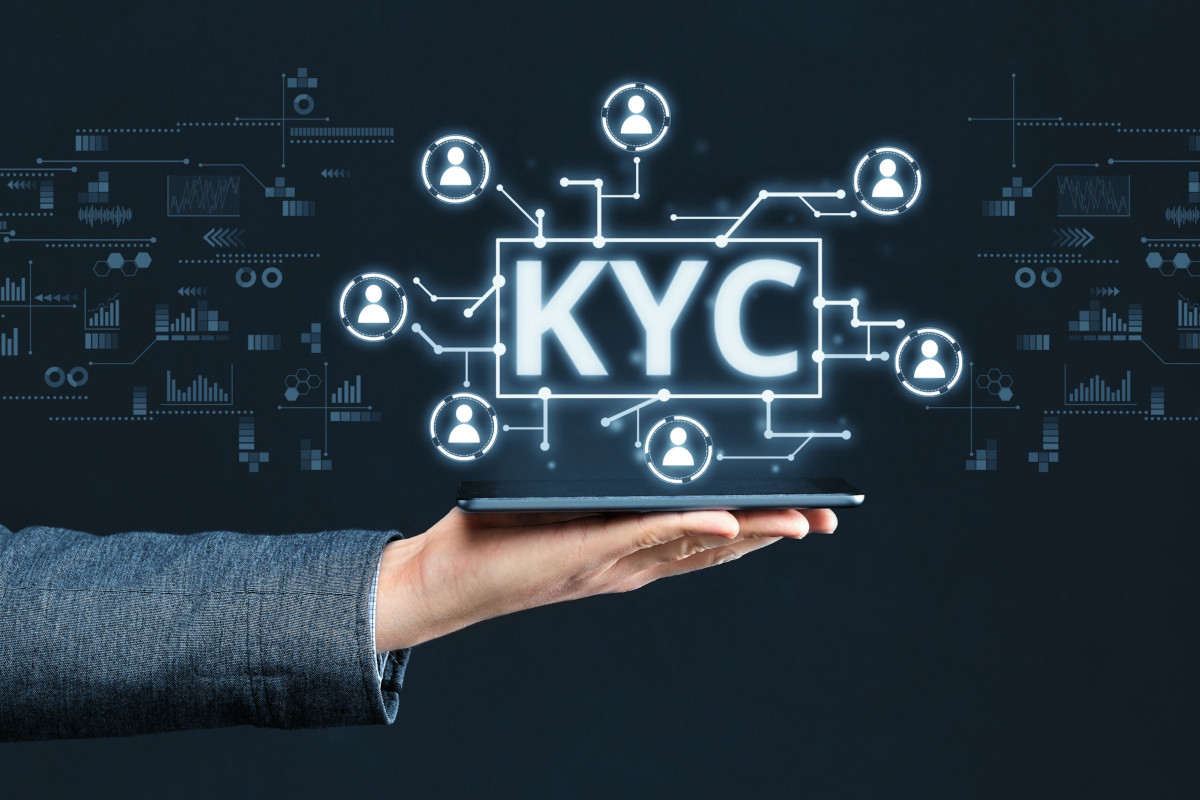What is KYC in Regard to Crypto?
April 29, 2022
KYC stands for “know your customer.” For financial institutions, KYC regulations are imperative for risk mitigation. These institutions are obligated to take part in certain identity and background checks on customers before allowing them to use their products and platforms. This measure is taken as an Anti-Money Laundering (AML) regulation and is gaining relevance in the cryptocurrency market.
History of Know Your Customer
The United States government has many measures in place for financial service institutions to help detect and halt financial crimes. The USA Patriot Act of 2001 laid out the standards and rules that govern KYC. In October of 2002, the regulations were finalized making KYC mandatory for all US financial institutions. In 2016, the Department of Treasury’s Financial Crimes Enforcement Network (FinCEN) elaborated upon these regulations to apply them to the FinTech sector. Due to this, virtual currency exchange platforms were declared official money services businesses under the Bank Secrecy Act and therefore, subject to all AML and KYC requirements.
Know Your Customer(KYC) in Practice

It is up to the regulated entities (banks, crypto exchanges, and other financial institutions) to implement the specifics of KYC and AML regulations. The KYC practices and programs generally include three basic components:
- Customer Identification Program (CIP): Through CIP, firms verify the customer’s identity through independent data. This could come in the form of the client’s name, address, and date of birth. Some firms even request a form of identification (passport or ID), social security number, or a video and selfie from their customers to verify their identity.
- Customer Due Diligence (CDD): CDD is the process of screening the background of a prospective client. Thorough background checks are essential to understand the risks that a new customer could potentially bring to the firm. This process can expose fraudulent activity that potential new clients have taken part in. If necessary, firms will perform enhanced due diligence (EDD) to get a deeper look into the new customer’s past in order to further mitigate risk.
- Ongoing Monitoring and Risk Management: Even after Customer Identification Programs and Due Diligence take place, firms will continue to monitor and manage the risks of their customers. They will continue to oversee their customer’s transactions and flag anything unusual. This ensures ongoing risk mitigation which is essential to trust between financial firms and their clients.
Why is KYC/AML Important?

The objective of KYC regulations is to discern that customers are who they say they are. This helps to prevent money laundering, terrorist financing, and fraud within the financial and crypto market.
Know Your Customer and other Anti-Money Laundering regulations benefit both financial institutions and their clients. These rules improve security and mitigate risk by keeping bad actors off the books. This acts as an assurance for customers and leads to more trustworthy company-client relationships. KYC also helps to perform necessary verification services like screening and registering new users. KYC/AML rules ensure a fully compliant transaction process for all.
KYC and Cryptocurrency

The crypto industry is still relatively new and by its nature of decentralization, it is prone to problems with KYC. Crypto regulations are also very novel and still developing as regulators find new ways to ensure financial crimes aren’t taking place through the use of cryptocurrencies and blockchain technology. As stated, crypto exchanges are considered official money services businesses and are therefore subject to all “know your customer” rules. Exchange platforms conduct varying levels of KYC programs like requiring an uploaded picture of a photo ID. Many exchanges will not allow transactions to take place until KYC has been confirmed; especially ones that involve large sums of money.
Many crypto exchanges will attempt to find ways around these rules by establishing their companies in foreign countries to get around the American laws. The exchanges that don’t follow KYC and AML laws will not be available to use in countries that obtain these laws. This is why adding KYC practices to exchanges actually increases their global reach as they become available in countries that obtain these laws, like the US. As more FinTech-related platforms and products arise, it is important to regulate and mitigate risk to ensure suspect behavior does not take place. AML laws are important for the fairness and equity of the emerging financial technology industry and as time goes on, regulations will evolve as they do for any novel market.





